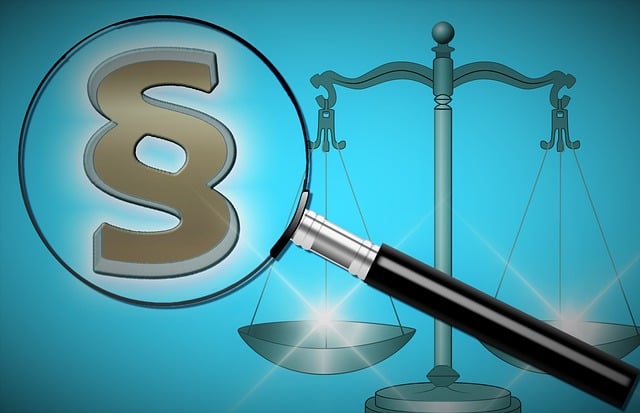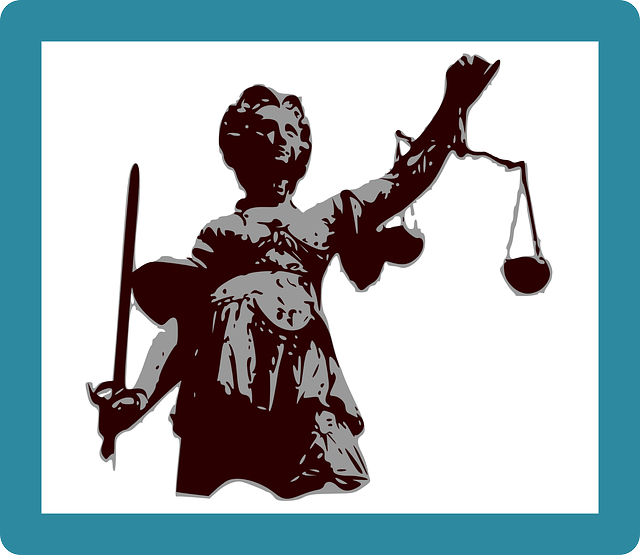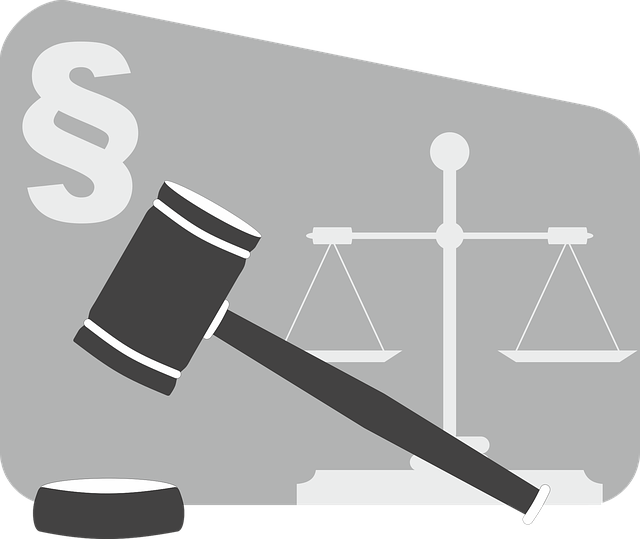Consumer protection laws guard against unethical business practices, with settlement processes in employment law cases offering a strategic alternative to court battles. Specializing attorneys guide negotiations for fair settlements, balancing victim compensation and defendant resolutions. This intricate process prioritizes fairness, considering case merits, potential outcomes, and community implications. Legal professionals are crucial, advocating for employees' rights while employer reputations are considered. Post-suit settlement agreements ensure consumer justice, detailing fund distribution, monitoring, and enforcement mechanisms for ongoing protection in employment law cases.
Consumer protection suits play a vital role in ensuring fair business practices, safeguarding consumers’ rights, and fostering trust. This comprehensive guide navigates the intricate settlement process within consumer protection law. From understanding foundational rules to evaluating just settlements, we explore each step crucial for both businesses and consumers. Learn how legal professionals facilitate negotiations and what rights consumers hold post-settlement. Discover insights into managing employment law cases, ensuring a fair and transparent settlement process.
- Understanding Consumer Protection Laws
- When Settlement Offers Arise
- Evaluating Fair and Just Settlements
- The Role of Legal Professionals in Negotiations
- Consuming Rights: Post-Settlement Actions
Understanding Consumer Protection Laws
Consumer protection laws are designed to safeguard individuals from unfair, deceptive, or harmful practices in their daily transactions with businesses. These laws cover a wide range of issues, including product safety, advertising claims, pricing transparency, and data privacy. Understanding these regulations is essential for both consumers and businesses alike, as it ensures fair market competition and protects the rights of buyers. By adhering to consumer protection standards, companies can avoid legal repercussions, maintain customer trust, and contribute to a more transparent and ethical marketplace.
When a breach of these laws occurs, individuals or groups may file suits, often leading to settlements. The settlement process for consumer protection cases is similar to that of employment law disputes, involving negotiations, mediation, or litigation. Unlike general criminal defense matters, which focus on criminal charges, consumer protection suits aim to redress civil wrongs and secure compensation for affected parties. Whether through jury trials or alternative dispute resolution mechanisms, the ultimate goal is to resolve conflicts, enforce compliance with consumer protection regulations, and provide restitution to those who have suffered losses due to unethical business practices.
When Settlement Offers Arise
When a consumer protection suit reaches a critical stage, the settlement process for employment law cases often comes into play. Settlement offers arise when both parties involved in the litigation agree to resolve the dispute outside of court. This can be a strategic move for both consumers and businesses, as it allows for a quicker resolution, avoids the costs and delays associated with prolonged legal battles, and maintains a level of privacy.
In the context of employment law cases, these settlements typically occur during negotiations between the consumer (or plaintiff) and the employer (or defendant). The settlement process involves a careful evaluation of the strengths and weaknesses of each party’s case. Legal professionals, including general criminal defense attorneys specializing in white-collar and economic crimes across the country, play a crucial role here by guiding clients through these negotiations. They help assess the potential outcomes, including damages and legal fees, to determine if a settlement offer is fair and in the best interest of their client.
Evaluating Fair and Just Settlements
When evaluating settlements in consumer protection suits, a key consideration is ensuring fairness and justice for all parties involved. The settlement process for employment law cases often involves complex negotiations to reach an agreement that compensates victims while providing a resolution for the defendant. This delicate balance requires a thorough assessment of the case’s merits, potential outcomes in court, and the impact on both individuals and communities at large.
Juried trials, though beneficial for ensuring transparency, can sometimes result in unpredictable verdicts. Consumer protection lawsuits, with their potential to set precedents across the country, require strategic thinking. Winning challenging defense verdicts is not solely about legal prowess but also understanding the broader implications of the case. Therefore, settlement negotiations become a crucial phase, where both sides must be willing to compromise to achieve a fair and lasting solution.
The Role of Legal Professionals in Negotiations
Legal professionals play a pivotal role in the settlement process for employment law cases. Their expertise is invaluable when negotiating terms between employers and employees, especially given the complex nature of labor laws and regulations. These attorneys act as advocates for their clients, ensuring they receive fair compensation and appropriate remedies for any violations.
During negotiations, lawyers strategize to achieve the best possible outcome for their clients, often avoiding the time-consuming and costly process of jury trials. They leverage their knowledge of case law, industry standards, and the employer’s reputation within the philanthropic and political communities to gain leverage. Effective legal representation can lead to a mutually agreeable settlement, providing closure for both parties without prolonging litigation.
Consuming Rights: Post-Settlement Actions
After a successful consumer protection suit, the settlement process plays a crucial role in ensuring that consumers’ rights are upheld. The first step is to carefully review the terms of the settlement agreement, which outlines how the funds will be distributed among affected individuals or classes. This is an essential aspect of the settlement process for employment law cases, as it provides a clear roadmap for compensating victims and deterring future violations.
Consumers have the right to understand their options and actively participate in the settlement process. They can choose to opt-out of the settlement if they prefer to pursue individual litigation or have unique claims. The agreement should also include provisions for monitoring and enforcement, ensuring that the respective business adheres to the terms and conditions set forth, especially regarding white collar and economic crimes. This comprehensive approach guarantees that consumers receive justice and are protected throughout all stages of the investigative and enforcement process.
Consumer protection suits play a pivotal role in ensuring businesses uphold ethical standards, protecting consumers’ rights, and fostering fair market practices. By understanding consumer protection laws, recognizing settlement offers, evaluating just compensation, and leveraging legal expertise, individuals can navigate the complexities of these cases effectively. The article has explored key aspects of this process, from initial steps to post-settlement actions. Remember that, in the event of a dispute, knowing your rights and seeking professional guidance is essential to achieving a fair and just settlement, whether in employment law or any other consumer protection context (such as the Settlement Process for Employment Law Cases).






